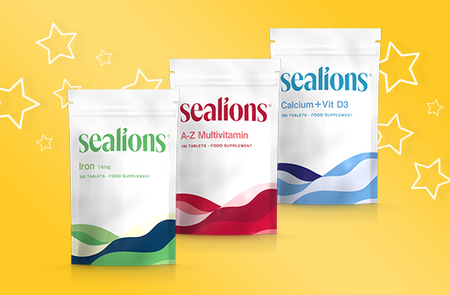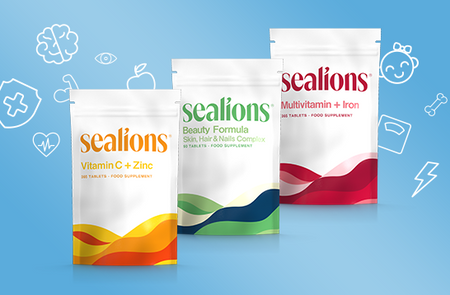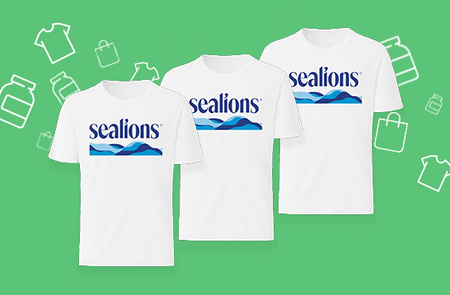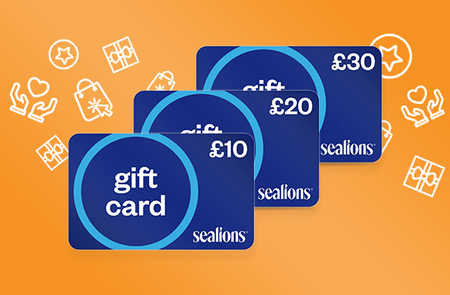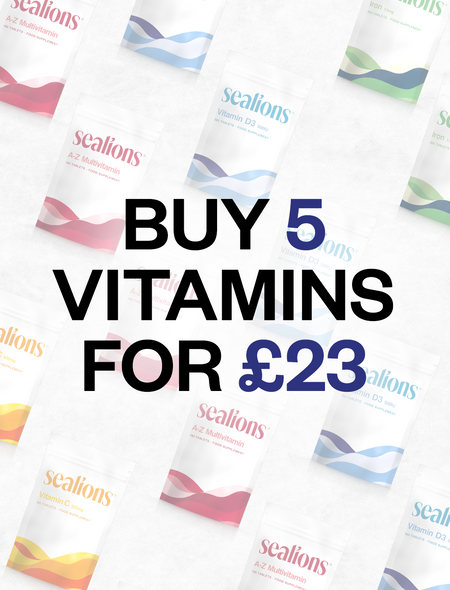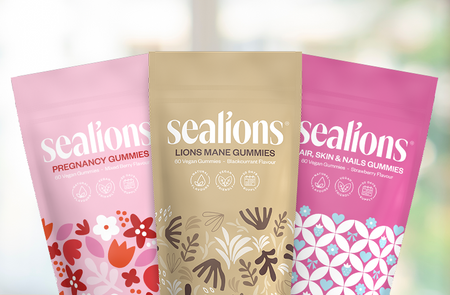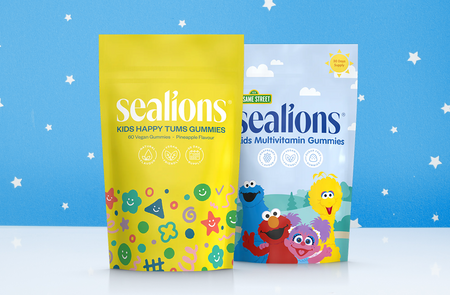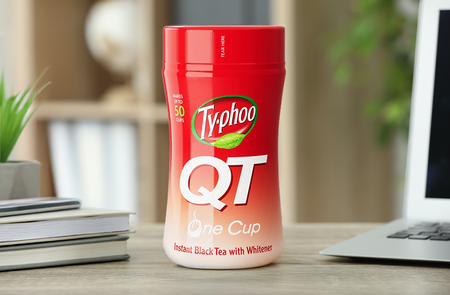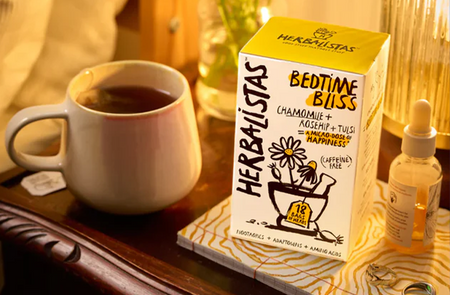
Tips To Defend Against Sun Damage And Keep You Looking Radiant
Protecting ourselves from sun damage is the biggest contribution to maintaining healthy, youthful skin. The sun’s UV rays can cause early signs of aging; leading to wrinkles, dark spots, and loss of elasticity. It sounds obvious, but by taking simple steps like wearing sun cream, sitting in shade, and using appropriate skincare, we can defend our skin against harm. It’s not just about looking good - it’s about feeling confident and taking care of your skin.
Did you know?
A YouGov survey found that 23% of Brits don't apply sunscreen during the summer or when on holiday.[1]
Cancer Research UK reports that 1 in 4 men don't apply sunscreen before going out into the sun in the UK.[2]
Clearly, a lot of us are guilty of not using the appropriate sun protection. It’s easy to skip sun cream or reapplying it, but just adding an extra 5-10 minutes to your routine can make the difference in preventing potential irreversible damage to your skin later in life.
Supplements
Many people are surprised when they hear that supplements can help protect our skin from sun damage. While the topical products we’re used to (like sun cream) are very essential, certain vitamins and antioxidants work from the inside to strengthen our skin’s natural defenses.
Vitamin C - Vitamin C can help fade sun spots and brighten your complexion, while also protecting your skin from sun damage.[3]
Vitamin E - Vitamin E helps protect your skin from UV damage by boosting its natural barrier and can also soothe and repair sun-stressed skin.[4]
Astaxanthin - Astaxanthin is an antioxidant that can help shield your skin from UV damage, reduces inflammation, improves elasticity, and prevents signs of premature aging.[5]
Zinc - Zinc can support your skin’s natural healing process and acts as a physical barrier against UV rays, helping to prevent sunburn.[6]
Beauty & Topical
Topical and beauty treatments go far beyond SPF. From antioxidant serums to hydrating moisturisers and after-sun, the right products can help protect, and strengthen your skin. Ingredients like Vitamin C, niacinamide, and hyaluronic acid work on the surface to help reduce pigmentation and keep your skin glowing.
Sunscreen - Sun cream is one of the most effective products we have for protecting our skin against UV damage[7]. The SPF number indicates how long a sun cream protects your skin - for example - SPF30 means you’re protected 30 times longer than if you weren’t wearing any. However, this doesn’t mean you can go all day without reapplying.
SPF Lip Balm - It isn’t just your face that needs protecting, SPF lip balm is essential for also protecting your lips from UV damage, as they’re just as vulnerable to sunburn and aging as the rest of your skin.
After Sun - If you’ve been unlucky, and still managed to have a bit of sunburn, aloe vera is an after-sun remedy for soothing and cooling skin. Applying aloe vera gel can help calm irritation[8] and also prevent peeling.
SPF Foundation - Face foundation with SPF is a good way to add an extra layer of sun protection. Look for foundations with SPF30 or higher, and pair them with a proper sun cream underneath.
Beach Bag Essentials
When heading out into the sun, packing the right essentials can help in protecting your skin. First and most important of all, you will need a sun cream (also add a SPF lip balm to keep your lips protected and hydrated) and toss in a hat and UV-protective sunglasses. A light cover-up clothing is great for when you’re not in the water or shade. And don’t forget to stay hydrated… Pack a big bottle of water that you can refill throughout the day.
Protecting your skin from the sun isn’t just about aging, it’s also important in reducing your risk of serious issues like skin cancer[9]. Simple daily habits like using sunscreen and looking after your skin go a long way in keeping it healthy and safe.
[1]https://yougov.co.uk/politics/articles/18168-almost-quarter-brits-dont-use-sun-cream-summer
[2]https://news.cancerresearchuk.org/2021/08/02/uk-sunburn-risk-third-of-adults-more-likely-to-protect-their-skin-abroad-than-at-home/
[3] Darr D, Dunston S, Faust H, Pinnell S. Effectiveness of antioxidants (vitamin C and E) with and without sunscreens as topical photoprotectants. Acta Derm Venereol. 1996 Jul;76(4):264-8. doi: 10.2340/0001555576264268. PMID: 8869680.
[4] Darr D, Dunston S, Faust H, Pinnell S. Effectiveness of antioxidants (vitamin C and E) with and without sunscreens as topical photoprotectants. Acta Derm Venereol. 1996 Jul;76(4):264-8. doi: 10.2340/0001555576264268. PMID: 8869680.
[5] Ito N, Seki S, Ueda F. The Protective Role of Astaxanthin for UV-Induced Skin Deterioration in Healthy People-A Randomized, Double-Blind, Placebo-Controlled Trial. Nutrients. 2018 Jun 25;10(7):817. doi: 10.3390/nu10070817. PMID: 29941810; PMCID: PMC6073124.
[6] Zinc oxide technology and superior UVA protection Journal of the American Academy of Dermatology, Volume 76, Issue 6, AB284
[7] Sander M, Sander M, Burbidge T, Beecker J. The efficacy and safety of sunscreen use for the prevention of skin cancer. CMAJ. 2020 Dec 14;192(50):E1802-E1808. doi: 10.1503/cmaj.201085. PMID: 33318091; PMCID: PMC7759112.
[8] Huang YN, Chen KC, Wang JH, Lin YK. Effects of Aloe vera on Burn Injuries: A Systematic Review and Meta-Analysis of Randomized Controlled Trials. J Burn Care Res. 2024 Nov 14;45(6):1536-1545. doi: 10.1093/jbcr/irae061. PMID: 38605441.
[9]https://www.cancerresearchuk.org/about-cancer/causes-of-cancer/sun-uv-and-cancer/sun-safety
Tagged:

